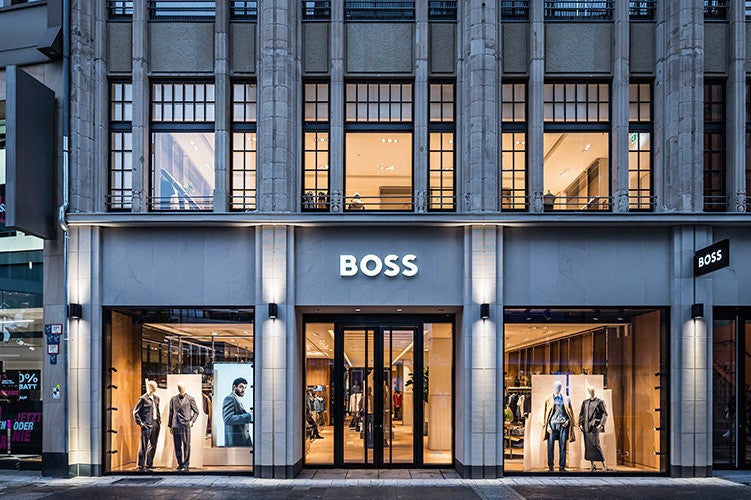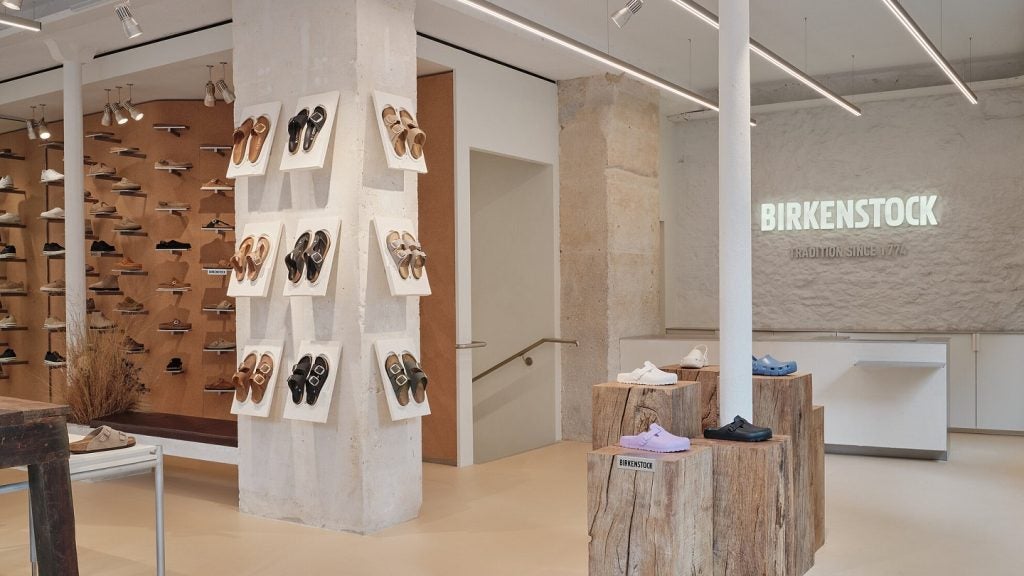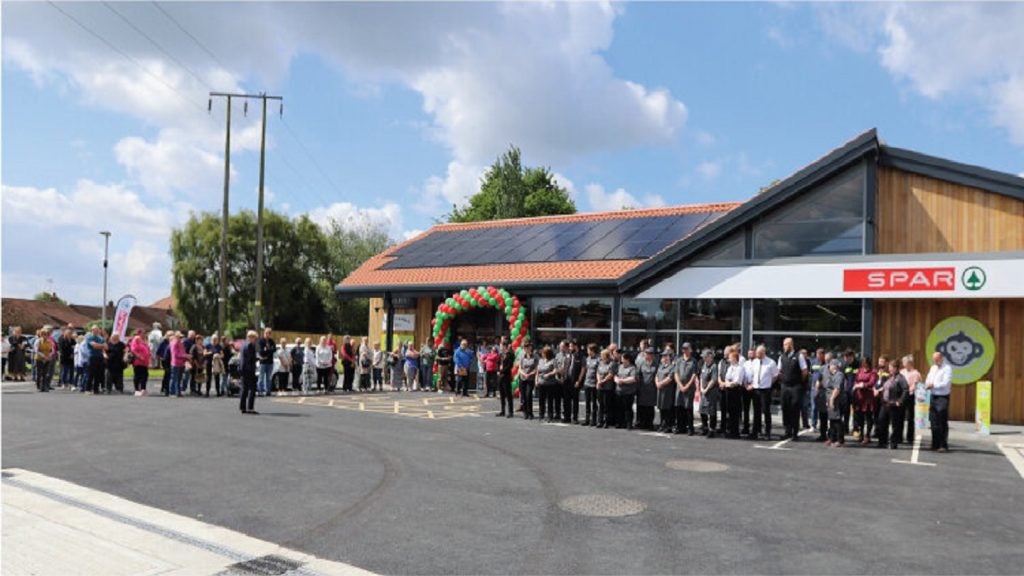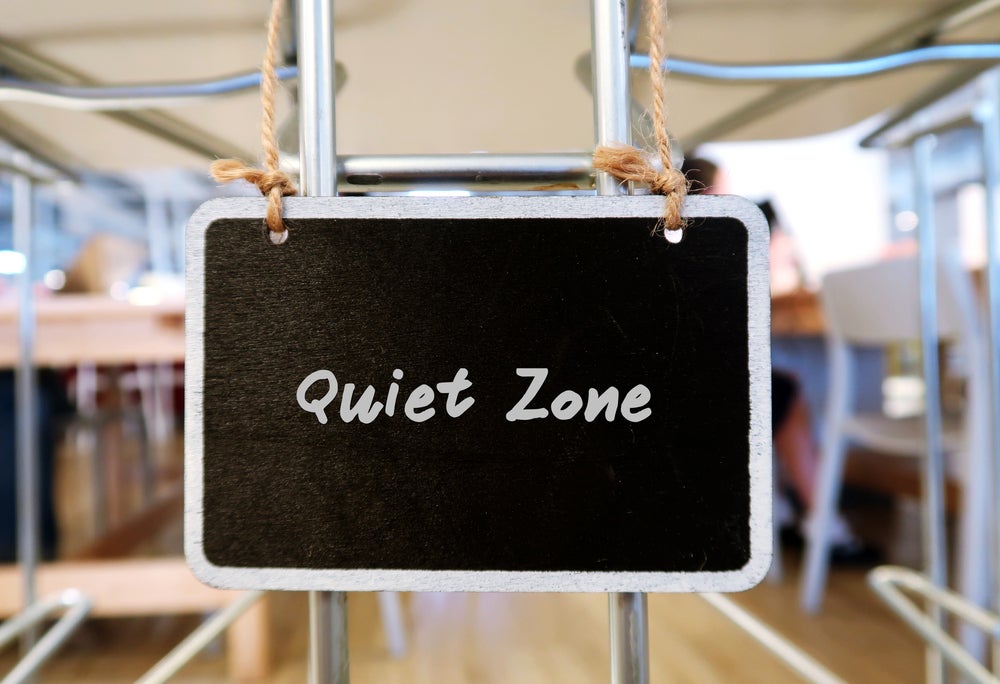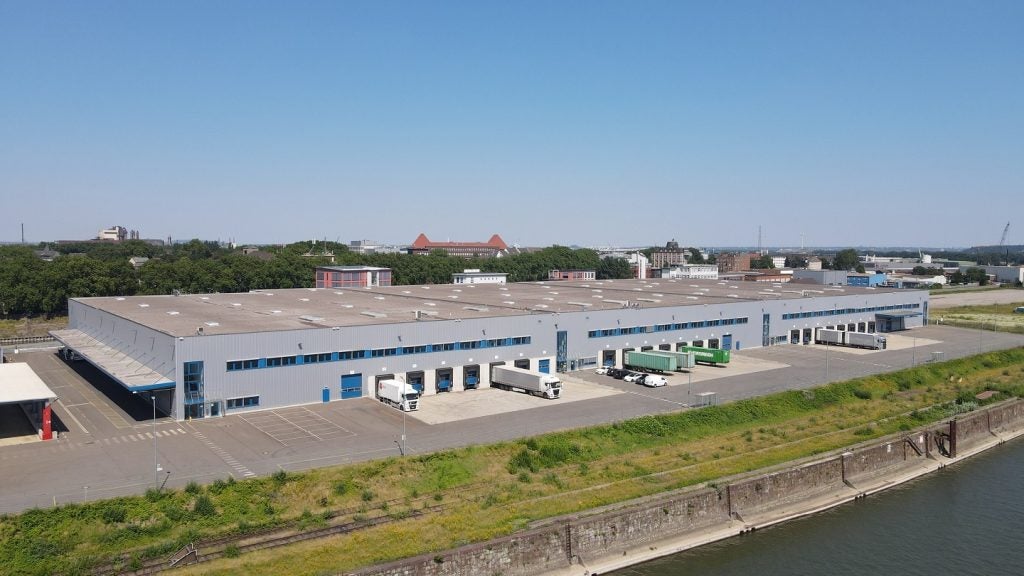Following the election of the new UK Labour government on 4 July 2024, King Charles's speech has outlined 40 draft laws that ministers are aiming to pass in the coming parliamentary session.
Some cover areas that will directly affect retailers, employees and the wider industry, which according to the British Retail Consortium’s chief executive Helen Dickinson, is “looking forward to working with the government on all these bills.”
Tackling retail crime
High up on Labour’s agenda is a Crime and Policing Bill, which will make assaulting shopworkers a specific crime.
As assaults and crimes committed against shopworkers across the UK have continued to rise in recent years, the retail industry has increased its calls for stricter intervention.
Dickinson commented: “With over 1,300 incidents of violence and abuse a day against retail workers, there are millions of colleagues who will celebrate the creation of a new specific offence of assaulting a shopworker.
“The government must ensure this bill protects all those in customer-facing roles, from delivery drivers to till staff, particularly as more risk violence or abuse as they enforce new age restrictions on tobacco products.”
The Crime and Policing Bill will also introduce stronger measures to tackle shoplifting and anti-social behaviour.
Reforming retail work
Labour’s Growth and Skills Levy will look to reform apprenticeships and provide courses on functional and digital skills for workers.
Dickinson stated: “The rigidity of the current system prevents retailers from using funds to provide much-needed training for colleagues and support industry transformation. We hope that the flexibility offered by the new Growth and Skills Levy will meet the needs of a modern workforce.”
An Employment Rights Bill will also ban the use of zero-hours contracts - common in the retail industry - and introduce new workers’ rights promised ahead of the general election.
This should benefit 3m retail workers in the UK and a further 2.7m in the supply chain.
Finally, a Planning and Infrastructure Bill will aim to streamline the process of approving new critical infrastructure.
Dickinson asserted: "The very nature of our high streets and retail centres are changing, yet current planning laws are failing to keep pace with this transformation, making them a barrier to, rather than a facilitator of, this change.
“The government must ensure that planning departments are better resourced, allowing them to make faster decisions and provide statutory certainty about application timelines, and creating streamlined processes for planning decisions regarding minor improvements.”
The BRC expects the government to carry out consultations to ensure the plans are practical and workable for businesses and employees.
Remaining questions
The New West End Company (NWEC), a global business partnership that includes UK retailers, highlighted some points that the King's speech and Labour have yet to clarify.
NWEC CEO Dee Corsi stated: "Including much-needed business rates reform, a review of tax-free shopping, and ensuring police forces have the resources they require to keep our high streets safe and accessible, will require honest conversations and close public-private collaboration to find solutions."
The BRC also acknowledges that Labour's bills are only the first step of a longer legislative process.
Speaking to the UK Parliament, Prime Minister Keir Starmer warned that there will be "no quick fix" for national renewal.




